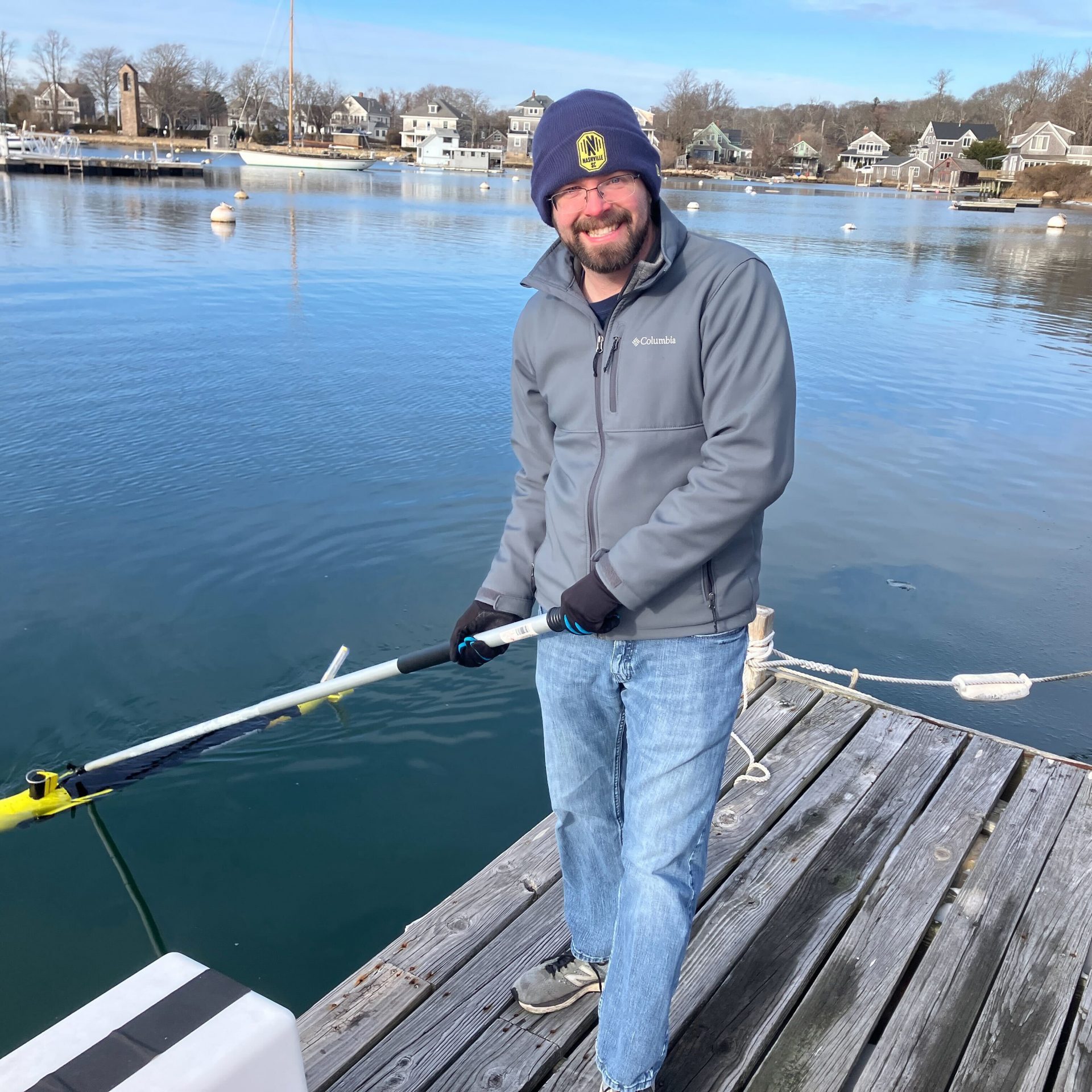Seth McCammon
Assistant Scientist
Applied Ocean Physics and Engineering (AOPE)
Contact Information:
Phone: 508-289-2139
smccammon@whoi.edu
Office: David Center 332
Mailing Address:
266 Woods Hole Road, MS #12
Woods Hole Oceanographic Institution
Woods Hole, MA 02543
Research Interests
Marine Robotics | Information Gathering | Long-Term Autonomy | Machine Learning | Field Robotics | Multi-robot Coordination | Planning with Uncertainty | Probabilistic Robotics | Topological Path Planning | Passive Acoustics
Biography
Dr. Seth McCammon is an Assistant Scientist at the Woods Hole Oceanographic Institution where he studies autonomy algorithms for robots operating in the marine domain. His current work focuses on active sensing in the complex environments of coral reefs. This includes developing techniques for an AUV to leverage passive acoustic listening to find hotspots of biological activity on coral reefs.
